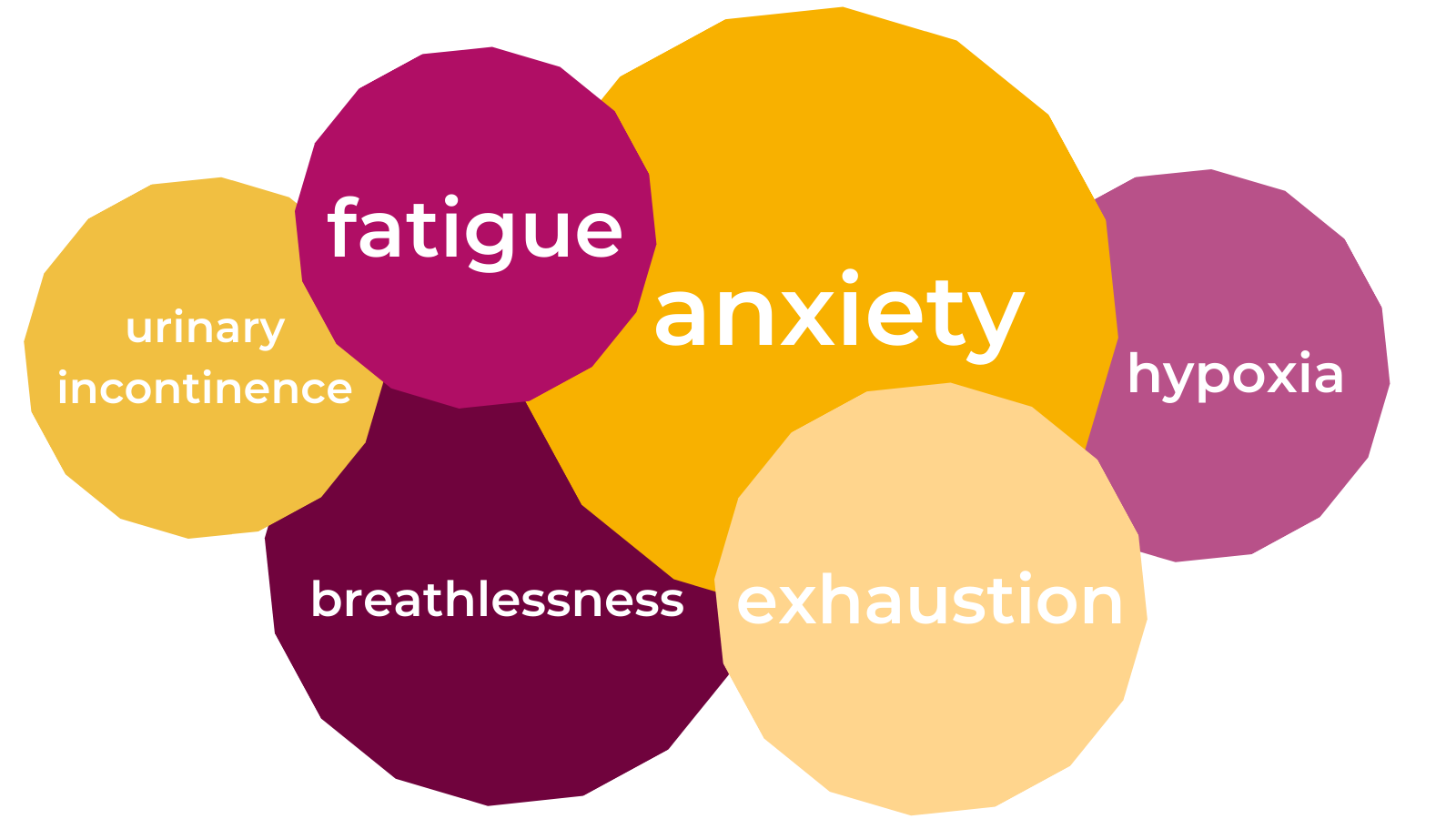Chronic Cough in IPF –
More Than Just a Symptom
Chronic cough in IPF affects multiple aspects of patients’ lives.
Not only does cough result in an immediate physical response, but chronic cough may also correspond with shorter survival for those that do not receive a transplant.1
Impacting Quality of Life
IPF is a life-threatening disease and chronic cough associated with it can impact patients both physically and mentally.
2,3,4

While cough results in an array of additional outcomes besides the action of coughing itself,
the actual urge that IPF patients have to cough is not relieved.5
The Patient Voice
The U.S. Food and Drug Administration (FDA) conducted a meeting with patients, caregivers, and representatives of patients, on their experience with Idiopathic Pulmonary Fibrosis.3 Below are a few of the quotes published by the FDA in the Voice of the Patient report developed from that meeting.
References
1. Ryerson C.J., et al.,Respirology, 2011. doi:10.1111/j.1440-1843.2011.01996.x
2. Wakwaya Y, et al., Chest, 2021. doi: 10.1016/j.chest.2021.05.071
3. Voice of the Patient Report: “Idiopathic Pulmonary Fibrosis”, March 2015.
4. Bradaia F, et al., Incontinence urinaire a la toux au cours des pneumopathies interstitielles diffuses [Urinary incontinence due to chronic cough in interstitial lung disease]. Rev Mal Respir, 2009; 26: 499–504.
5. Swigris JJ, et al., Health Qual Life Outcomes, 2005. doi: 10.1186/1477-7525-3-61

This site is intended for US Healthcare Professionals only.
